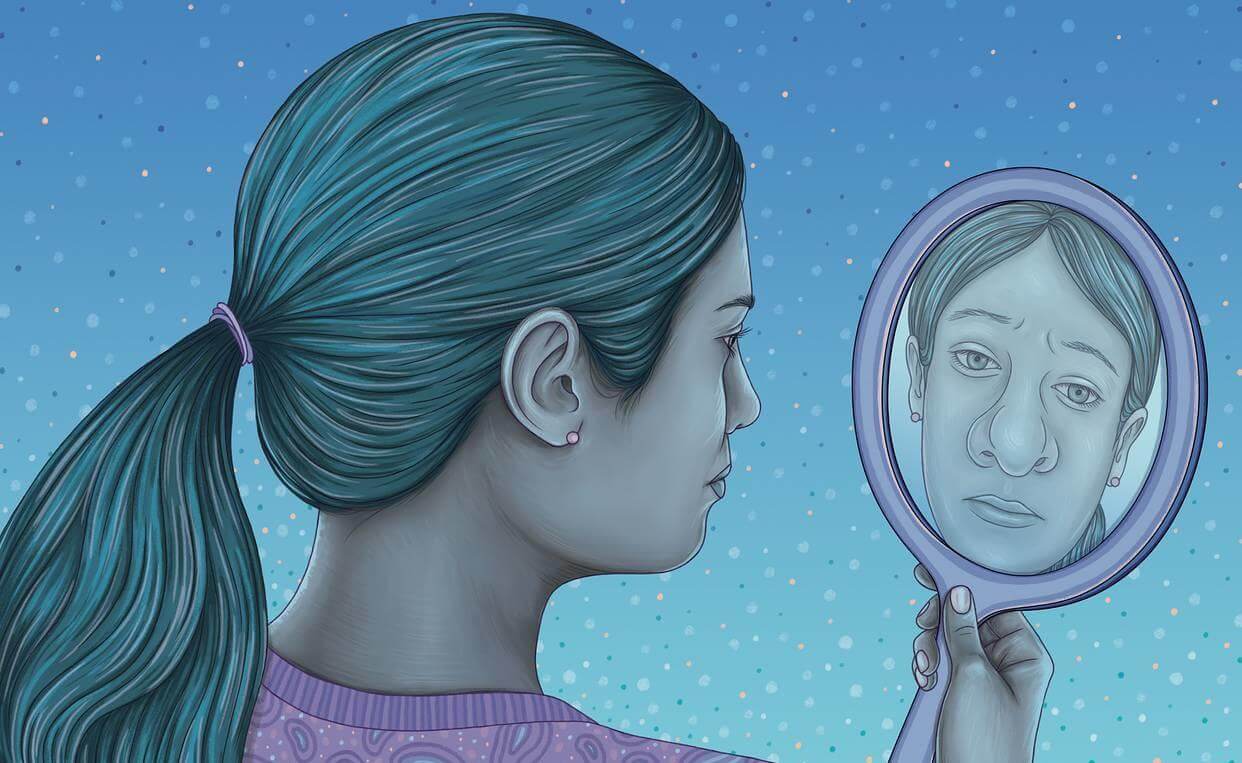What is Body Dysmorphic Disorder? and How to Find Help
Body Dysmorphic Disorder or Body Dysmorphia is a mental health condition which affects a persons view of themselves. They often notice and worry about flaws which others would not even see. A person with BDD will often spend a lot of time focusing on one specific flaw, either looking at it in the mirror, trying to conceal it or comparing their flaw to other people’s.
Experiencing BDD can have a serious effect on the person’s life, affecting relationships, social life and work. Sometimes people with BDD feel embarrassed by their condition and struggle to seek help but this should not be the case.
Symptoms of BDD include:
- worrying a lot about a specific part of the body
- picking at the area of the body that causes distress
- spending a lot of time trying to conceal or hide the area of their body that causes them distress
If you are experiencing symptoms of Body Dysmorphic Disorder, there are many ways in which you can get help. In some cases of BDD a person may be prescribed a form of antidepressant called Selective Serotonin Reuptake Inhibitor (SSRI). This medication is often paired with forms of talking therapy and support groups.
Support groups are a useful way to connect people who are suffering from the same condition in order to offer support, advice and practical tips for coping with symptoms of BDD from people who are also suffering.
The main talking therapy used to manage symptoms of BDD is Cognitive Behavioural Therapy (CBT). Cognitive Behavioural Therapy involves setting goals to work towards as well as completing homework in order to push past the recurring behaviours associated with BDD.
Often CBT therapy will include a technique called Exposure and Response Prevention (ERP) which uses techniques of exposing the individual to something that causes them fear, such as showing an area of their body that causes them distress to a friend and then managing the emotions that come with that until the fear is no longer as severe.
At The Eaves, we have a range of therapists and psychologists who are able to offer talking therapies as well as Cognitive Behavioural Therapy in order to help reduce symptoms of this disorder. If you think you may be having issues with body image or specifically Body Dysmorphic Disorder, please get in contact by calling any of our numbers above and a member of the team will be happy to put you in contact with one of our therapist who will be able to help you.
All information found at https://www.nhs.uk/conditions/body-dysmorphia/

